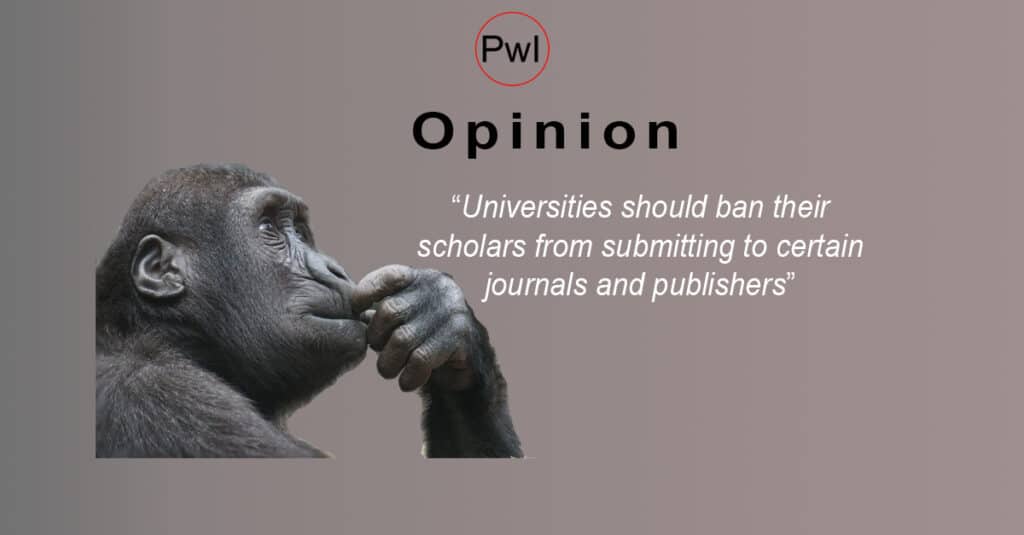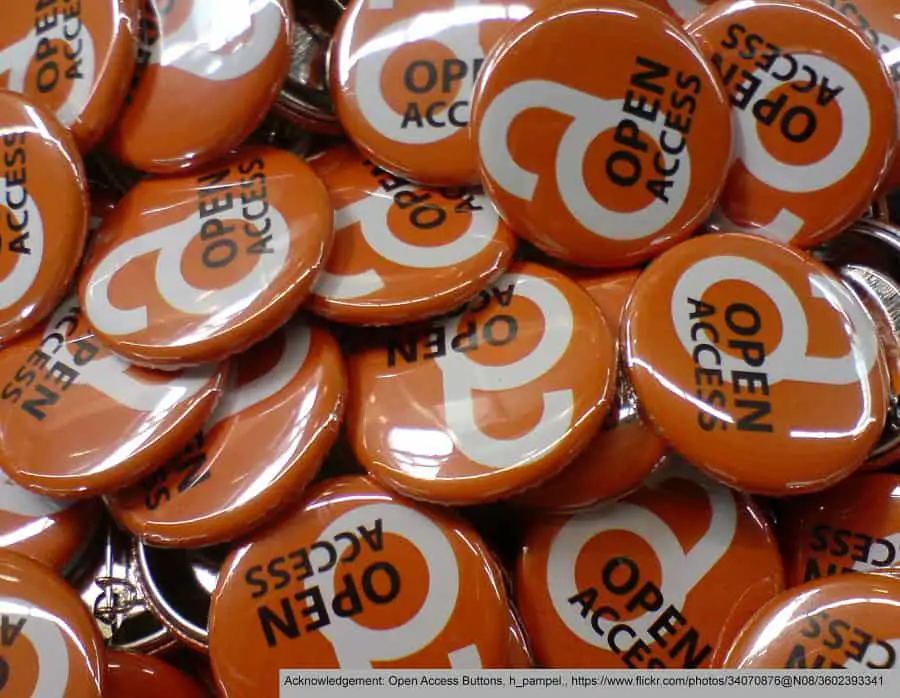Who decides which journal you will send your papers to?
The decision where to send your latest article is made by the individual researcher, often in consultation with their peers and supervisor, and that is right.
However, what if there is money involved, in the form of article processing charges (APCs)? In this case, should the budget holder have some input into the decision where papers can be sent? The answer is yes.
The person who has obtained the research funding, or holds the School/Faculty budget, has a responsibility to ensure that any funds are spent in a responsible way. They need to balance the needs of the researcher (to publish or perish) against the requirement to get value for money from the funds that they have been entrusted with.
But, this responsibility goes beyond the budget holder. There is a large responsibility on the funds provider, in that they should ensure that they specify how the funds can (and importantly can’t) be spent.
Should the funder decide what research funds can be used for?
Research funds are not an individual’s own money, well often not – some researchers may decide to use their personal money to fund APC’s, but that is a different debate.
The budget holder has been entrusted with the funds and must spend them in line with the contract, and also ensure that the funder gets value for money. These funds come from a variety of sources, such as the tax payer (most of it probably), student registration fees and income from spin out companies.
The point is, that there has been a lot of time and effort in raising these funds, and they are a scarce resource. These finances could be used for a variety of other things, not just funding research article charges, for example, education, medical care or social security. We owe it to all those that have provided the funds that they are not used inappropriately, for example:
- To line the pockets of predatory journals/publishers.
- To support inferior journals.
- To submit to journals which offer the line of least resistance (e.g. send to journals where you expect to get quick reviews and/or the reviewing is less stringent that other journals).
- Submit articles to journals which are likely to accept them but are unlikely to have the impact (i.e. attract citations) that a higher quality article may have.
The world is not short of scientific journals
We have said before that the world is not short of journals where you can send your research papers to.
PublishingState.com says “It is estimated that there are currently more than 30,000 academic journals, and the number continues to increase by about 5%-7% per year.” This number of 30,000 seems low to us (if you include predatory journals), but read the full article and see what you think.
The point is, we should err on the side of caution when deciding on a journal where we will submit our papers to. Don’t respond to spammy emails, if you feel uneasy about about a journal/publisher look elsewhere and submit to journals where your (respected) peers are publishing and where your work has been cited.
Funders/universities should ban submission to certain publishers/journals
It is perfectly reasonable for those who distribute research funds to say how those funds can be spent.
They do not have to justify why they are imposing certain conditions. If you, as a researcher, do not like those conditions, don’t accept the research funding.
We would encourage funders (whether that be research councils, governments, industrial funders etc.) and universities to draw up a list of publishers/journals that CANNOT be used to disseminate the results of the research carried out under that affiliation.
We have seen this done previously (although this case was in the context of not recognizing certain publishers for promotion, rather than banning submission to them), but it is not that common and we feel that it could be a significant way to not only stop your researchers publishing in predatory (or at least suspicious) journals but also to provide the checks and balances to ensure that the research funds are being used effectively.
Call to action
We call on universities specifically, to draw up a list of publishers/journals that they will not allow their researchers to submit to or, at least, they cannot use university funds to support the article processing charges if they do submit to those journals.
Of course, the debate about what publishers/journals should be on the banned list will be subject to a lot of debate, discussion and criticism but that is not a reason not to do it.
Get something in place and review it annually. Missing the opportunity to submit to a good journal is better than a whole load of submissions being made (and paid for) to journals which are less reputable.
We challenge universities to act decisively in this matter. If we can help/advise in any way, let us know.


